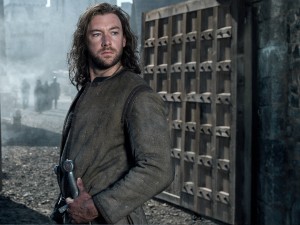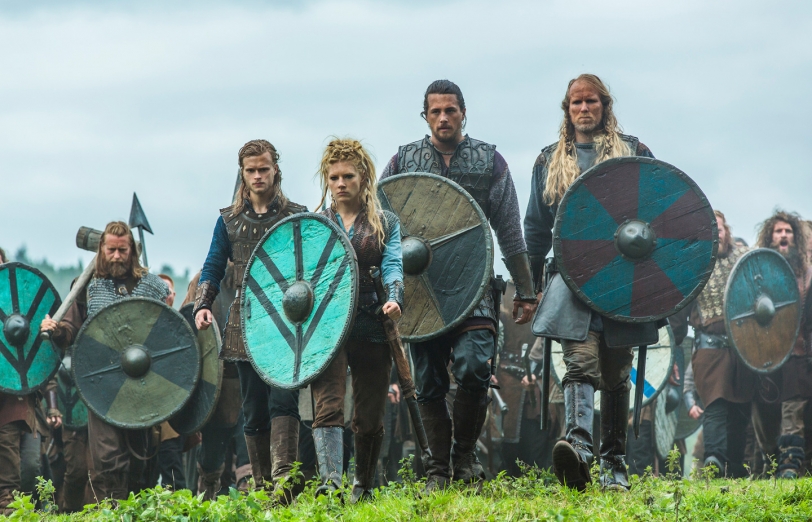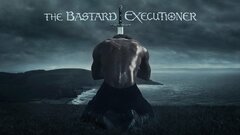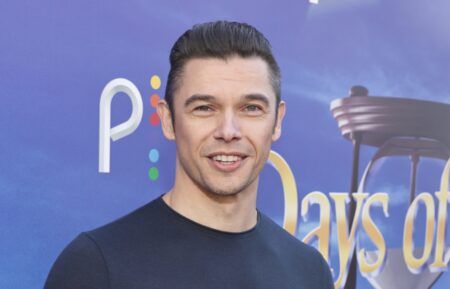Resistance Is Feudal: Why Dark Ages-Set Dramas Are on the Rise
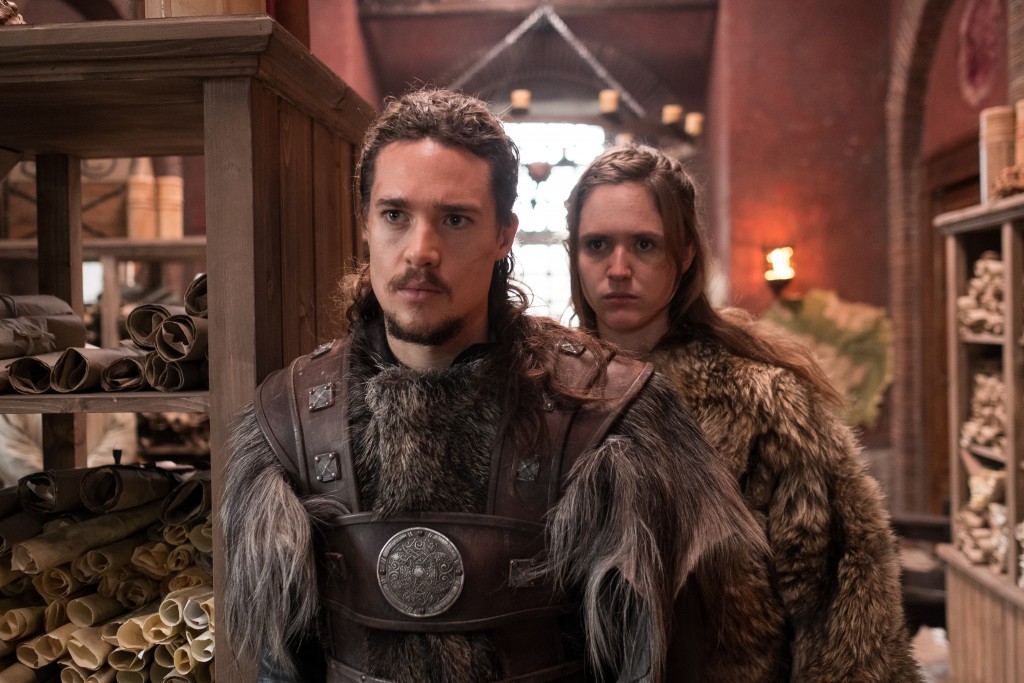
Game of Thrones is, by any metric, a Big Fat Hit. George R.R. Martin, author of the book series on which the show is based, has said his brutal world is inspired by England’s Wars of the Roses, the succession conflict that raged among English nobility in the latter half of the 15th century. That medieval aesthetic has seen a boom on TV since Thrones began in 2011—other series include Starz’s The White Queen and The CW’s Reign—and now programmers are going further back in history, to the formation of England during the Dark and Middle Ages.
Currently, viewers can watch that formation from three different perspectives. The Last Kingdom (BBC America) chronicles the country’s evolution from disparate Germanic kingdoms in Britain, while Vikings (History) focuses on the raiders and invaders who harried those Germanic kingdoms for centuries. FX’s The Bastard Executioner presents England as a solid state ruled by French-descended Normans trying to extend their sovereignty over the entire isle of Britain. Coming in 2016 is Esquire Network’s just-ordered Beowulf, based on the Old English epic poem.
It’s not unusual for clusters of like-minded shows to pop up. Medical dramas, cop programs and supernatural sagas all surge in popularity every few years. Mud-and-blood tales, though, have largely been the province of the big screen. So why the sudden proliferation on TV?
Network executives say it’s part of the larger trend of more cinematic television, as well as the fact that they are hearing more good ideas set in this time period. “I’m looking for great stories,” says FX president of original programming Nick Grad. “[The Bastard Executioner creator] Kurt Sutter came in with the full pitch of the world.”
“This territory has always been of big appeal to storytellers looking for new worlds,” agrees BBC America president Sarah Barnett. “And [audiences] have been lapping up these kinds of stories [in books and movies] for a long time.”
Sutter wasn’t initially looking to set his post–Sons of Anarchy project in 1300s Wales. “I just knew I didn’t want to do anything else, at least right away, in the contemporary crime genre,” he says. The appeal of the Dark Ages lies in its universal themes, he adds, as well as the chance to mix historical fact with his own fiction. “There was documentation of big battles, so there’s all this built-in external conflict, but a lot of it wasn’t documented, which is great. And everyone understands the concept of rebellion.”
Vikings and The Last Kingdom also blend fact and fiction. The last season of Vikings (Season 4 premieres in 2016) followed its Norsemen as they began to put down roots in Britain, much to the chagrin of King Ecbert of Wessex. The Last Kingdom takes the opposite perspective, following a man of Saxon origin named Uhtred, who finds himself in the court of King Alfred the Great (a descendant of King Ecbert), torn between Saxon and Viking loyalties after being raised by Danes. Though The Last Kingdom’s Uhtred isn’t real, Alfred and his court are, as were the Viking raids that threatened his attempt to unify England.
A sense of surprising modernity hangs over these seemingly barbaric stories, adding to their appeal. The characters experience the same heartache, betrayals and occasional joys as the audience may in real life. Kingdom’s Uhtred has a friends-with-benefits situation that is instantly relatable to viewers, Barnett points out, and Executioner features a mistaken-identity story. “So often in this kind of genre, everything is played out on an epic scale,” Barnett says. “What I love about The Last Kingdom is, you have these grounded, modern characters who leap out of one’s expectations of the genre.”
Kingdom premiered October 10; time will tell how audiences respond. Vikings and The Bastard Executioner are solid performers for their respective networks—Vikings’ third season drew roughly 1 million viewers in the advertiser-coveted 18-to-49 demographic, while Bastard premiered to about the same number on September 15.
Don’t be surprised if Dark Ages Britain is soon joined by other less-well-trod periods. “You can name a period of history and there has been or will be a TV show to cover it,” FX’s Grad predicts. “People will be tourists anywhere.” Next stop, Stonehenge.
[jwplatform WhGflCLR]

